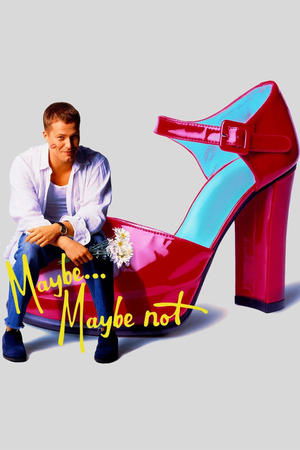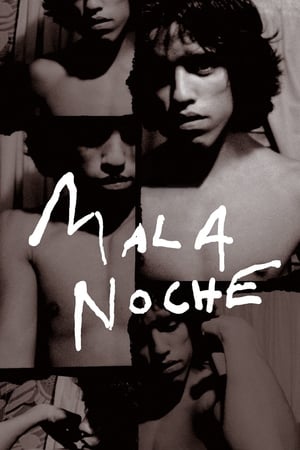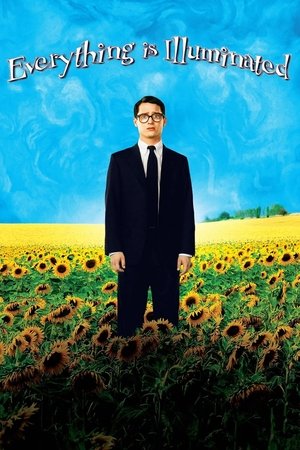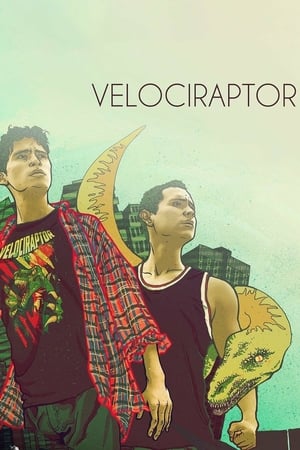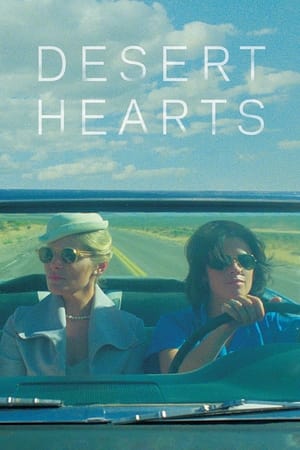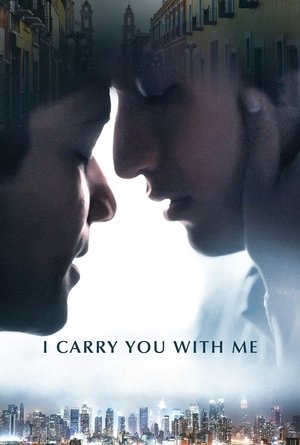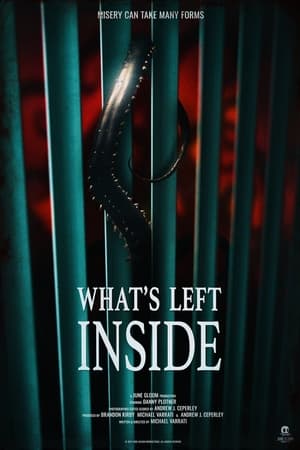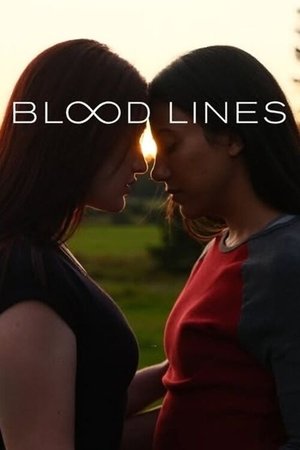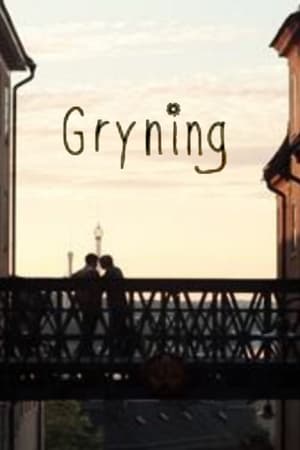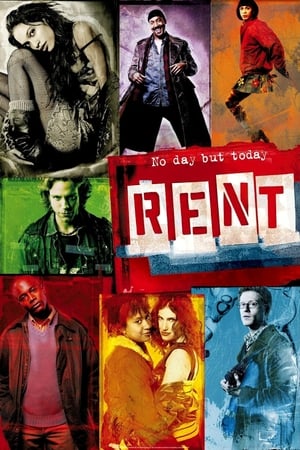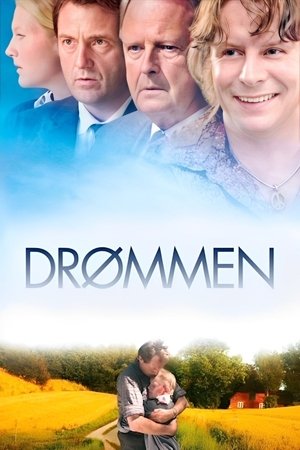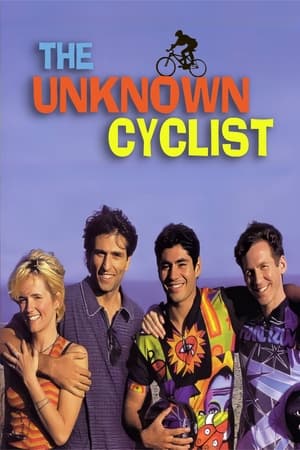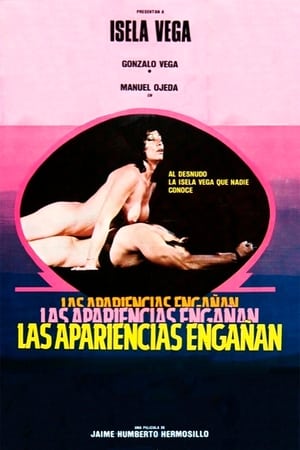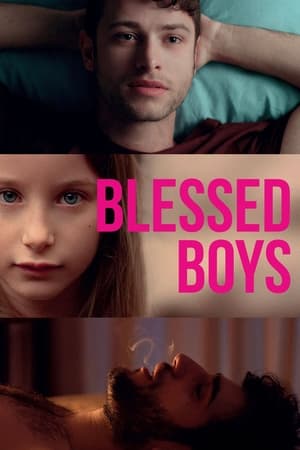Overview
Alba has Down's Syndrome and was left in the hospital when she was born. Thirty families rejected her before the court decided to entrust her to Luca: a Catholic — and gay — single man.
Reviews
Based on a true story, this follows the struggle of Luca (Pierluigi Gigante), a gay Roman Catholic in Italy, to adopt a child. He lives with his partner Lorenzo (Alessandro Piavani) and runs a community facility that looks after people with conditions such as Down’s Syndrome. The two men are keen to have a child that will carry their own names, but despite that being perfectly legal they have faced consistent prejudice from the authorities and are routinely being rejected. Then he hears of one baby, Alba, who has been abandoned at birth by her mother after she was born with Down’s. He attempts to offer her a stable and loving home, but despite the fact that her condition is deterring (37) other sets of potential parents, he is rejected. This puts considerable strain on his relationship and swiftly he finds himself alone. Fortunately, he encounters a feisty single-mum lawyer “Teresa” (Teresa Saponangelo) who agrees to help him take up the cudgels. What chance they can buck the system and manage to adopt the infant? Some of this is shot in a faux-documentary style and that, I found, did rather sterilise the human impact of much of this. Also, it plays a little to the sentiment of the scenario a little too bluntly for me, and overly relies on our own (presumed) innate reaction to this ridiculous situation rather than use the acting, dialogue and drama to convince us of the obvious flaws in the application of the legislation and of the wider societal attitudes to gay adoption. Clearly Luca is a stable and loving man, but little effort is really made to get under his skin. We are told, via flashbacks, of a childhood friendship that ends sadly - but that story is left incomplete and we also have the obligatory gay nightclub-induced one night stand, albeit with someone he already knew, that seemed incongruous to the point Fabio Mollo was trying to make. Although it does touch on religiosity, it doesn’t really develop that very fully either nor the nature of his relationship with his somewhat sceptical mother. All of that said, though, it is still quite a provocative drama that invites us to consider so much of what drives homophobia. Parliaments can legislate till they are blue in the face, but if those responsible for implementing the rules have a widely held bigotry of their own then things may never change on the ground for the real people caught up in this most emotionally charged of circumstances. Both Gigante and Saponangelo deliver well enough, the scenes with her own mischievous kids do raise a smile and it’s worth two hours as an introductory critique on the “industry” of adoption.

 108 min
108 min
 7.2
7.2
 2023
2023
 Italy
Italy
 CinemaSerf wrote:
CinemaSerf wrote: